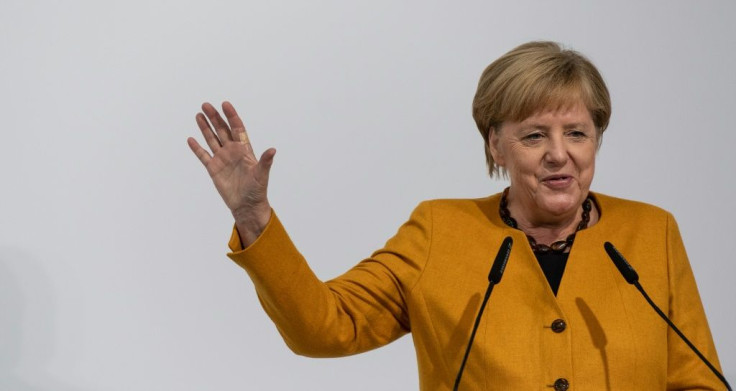Environmental News: Germany Increases Consumer Subsidies For Electric Vehicle Purchases

The office of German Chancellor Angela Merkel said Monday that consumer subsidies for electric vehicles (EVs) will increase in Germany, after Merkel met with car industry representatives to discuss how the country will move towards eco-friendly automobiles.
The purchase subsidies would increase from 4,000 euros ($4,426) to 6,000 euros ($6,641) on cars worth less than 40,000 euros ($44,294). The cost of the subsidies will be split evenly between the German government and the car industry.
EVs costing more than 40,000 euros will have a subsidy increase to 5,000 euros ($5,535).
The subsidies will not apply to cars worth more than 60,000 euros ($66,399).
Merkel said on Sunday that she wants there to be one million charging points for EVs in Germany by 2030. Merkel also discussed how the country can expand its infrastructure for electric cars with automobile executives.
In the first six months of 2019, EVs were 1.68%, or 31,059, of all new cars bought in Germany.
Top-selling EV brands in Germany include Tesla, Renault and Volkswagen. Popular models include the Tesla Model 3, Renault Zoe and BMW i3.
Tesla CEO Elon Musk is reportedly looking at Germany for a new factory to manufacture Tesla EVs. The western German state of North Rhine-Westphalia is one of the top locations for the factory due to its proximity to Belgium and the Netherlands.
© Copyright IBTimes 2025. All rights reserved.





















